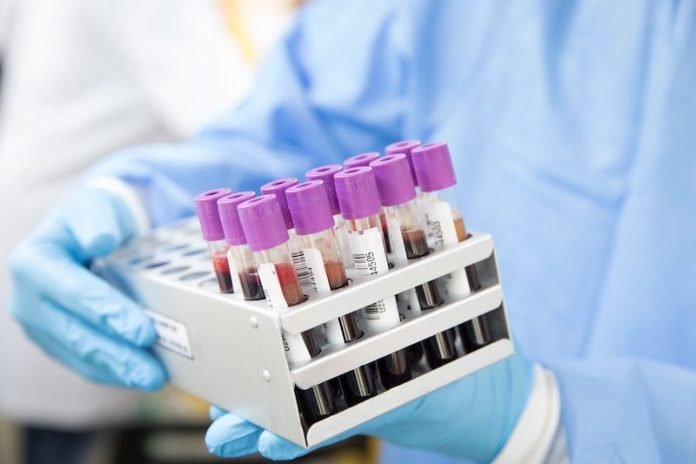
In a new study from the University of Oxford, researchers developed a new minimally invasive and inexpensive blood test that can identify cancer in patients with non-specific symptoms.
Their paper outlines a new type of blood test that can be used to detect a range of cancers and whether these cancers have spread (metastasised) in the body.
In the study, the team analyzed samples from 300 patients with non-specific but concerning symptoms of cancer, such as fatigue and weight loss.
They assessed whether the test could distinguish patients with a range of solid tumors from those without cancer.
Their results show that cancer was correctly detected in 19 out of every 20 patients with cancer using this test. In those with cancer, metastatic disease was identified with an overall accuracy of 94%.
These results make this the first technology to be able to determine the metastatic status of cancer from a simple blood test, without prior knowledge of the primary cancer type.
This test shows promise to help clinicians detect cancer and assess cancer stages in the future.
Unlike many blood-based tests for cancer, which detect genetic material from tumors, this test uses a technique called NMR metabolomics, which uses high magnetic fields and radio waves to profile levels of natural chemicals (metabolites) in the blood.
Healthy people, people with localized cancer, and people with metastatic cancer each have different profiles of blood metabolites, which can be detected and then analyzed by the researchers’ algorithms to distinguish between these states.
Cancers detected earlier are more likely to be treated successfully. This rapid and inexpensive test could help to overcome many barriers to the early detection of cancer, especially in patients that present with non-specific symptoms.
This new test is not specific to a single cancer type and has shown promise in this traditionally challenging clinical context, including the potential to detect some cancers in the community before conventional imaging is performed.
Future studies with larger patient cohorts will further evaluate this technique for the earlier detection of new cancers and potential clinical applications.
If you care about cancer risk, please read studies about daily vitamin that is critical to cancer prevention, and key to preventing the spread of pancreatic cancer.
For more information about health, please see recent studies about drug combo that could block cancer spread, and results showing this omega-3 nutrient in fish can be a poison for cancer.
The study is published in Clinical Cancer Research. One author of the study is Dr. James Larkin.
Copyright © 2022 Knowridge Science Report. All rights reserved.




